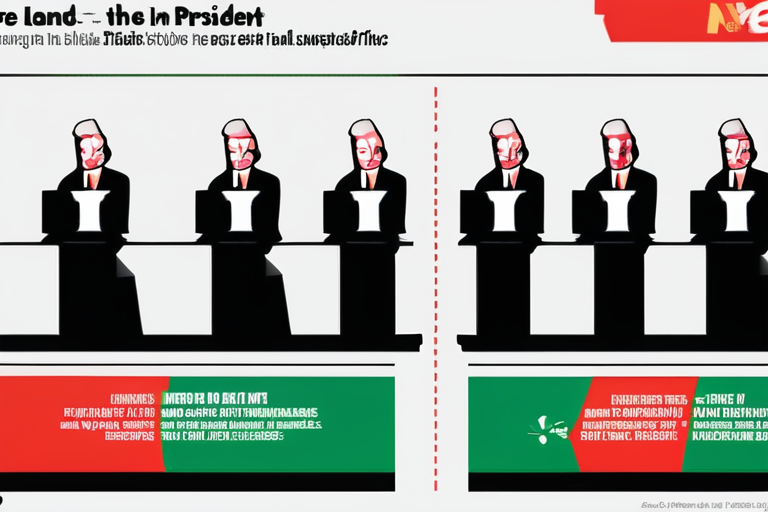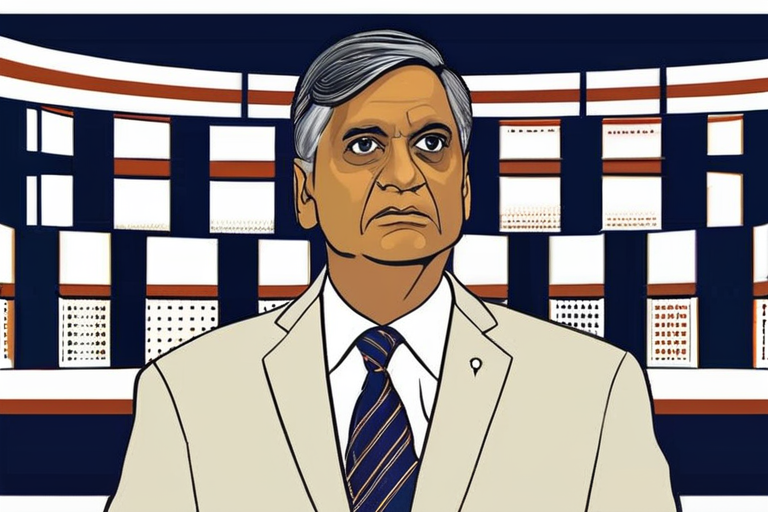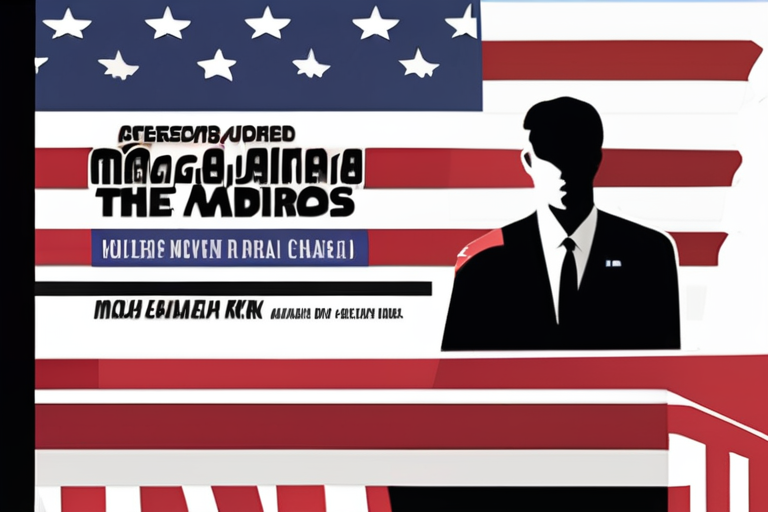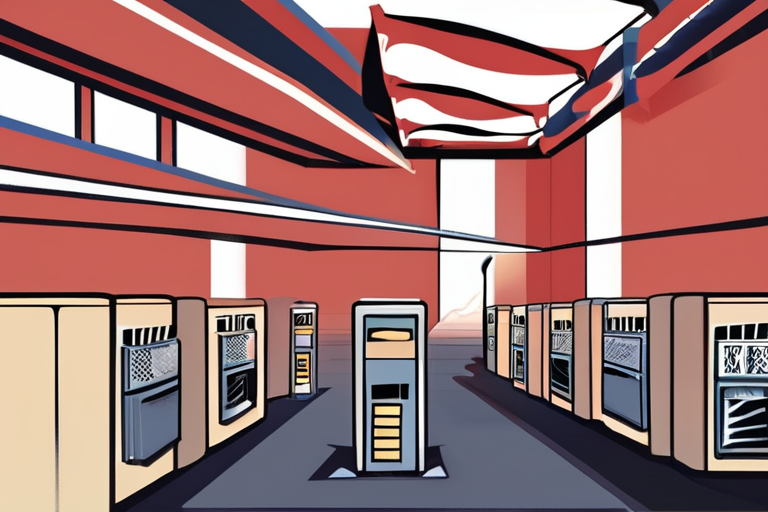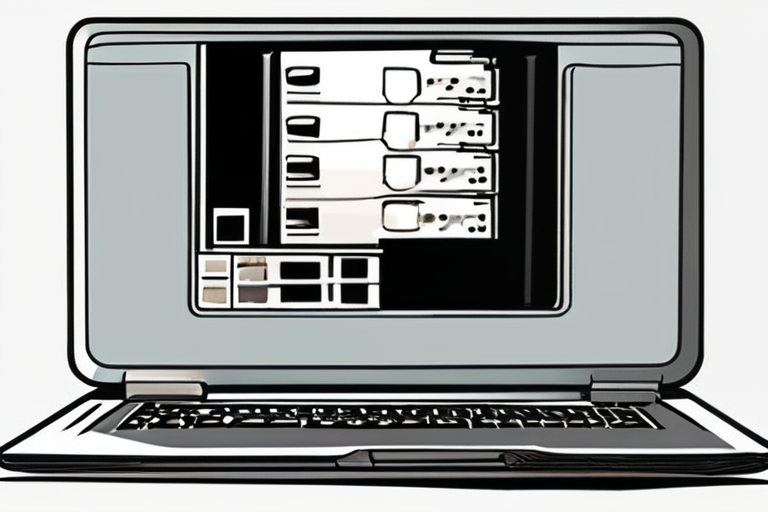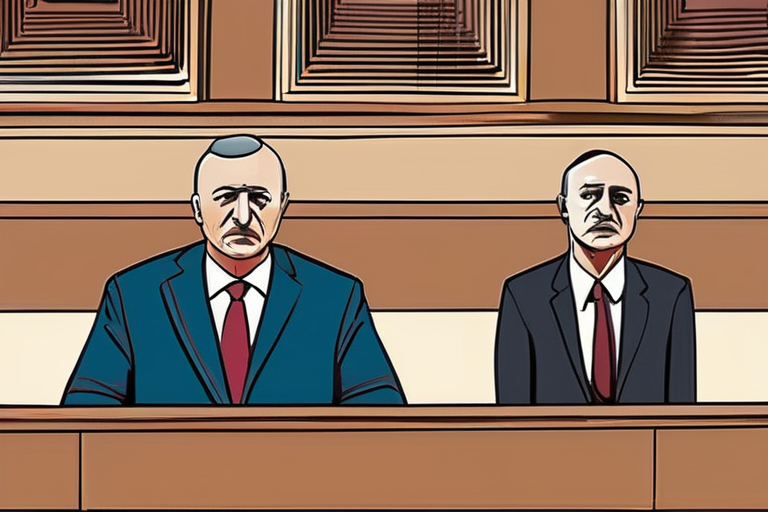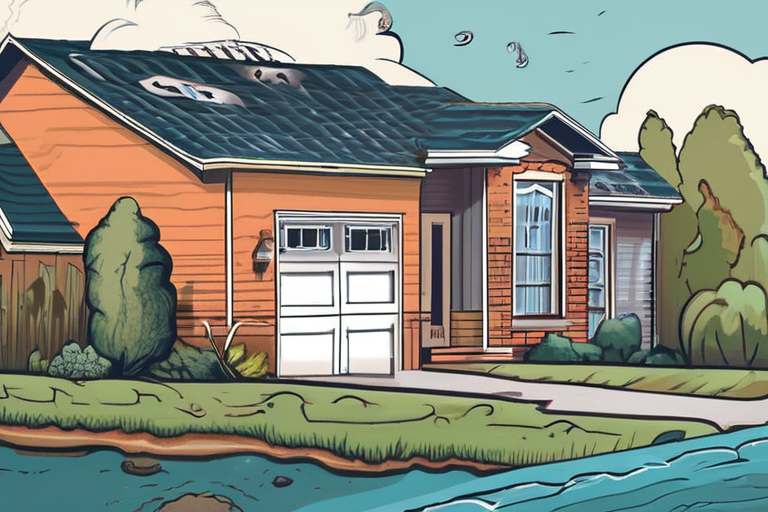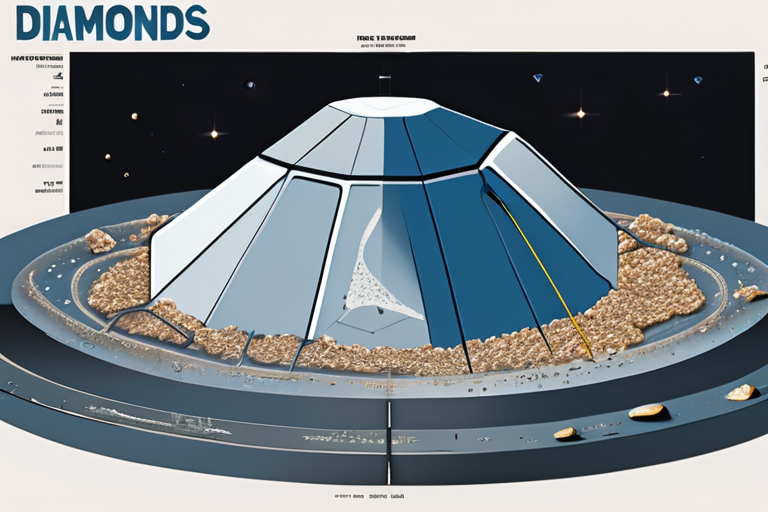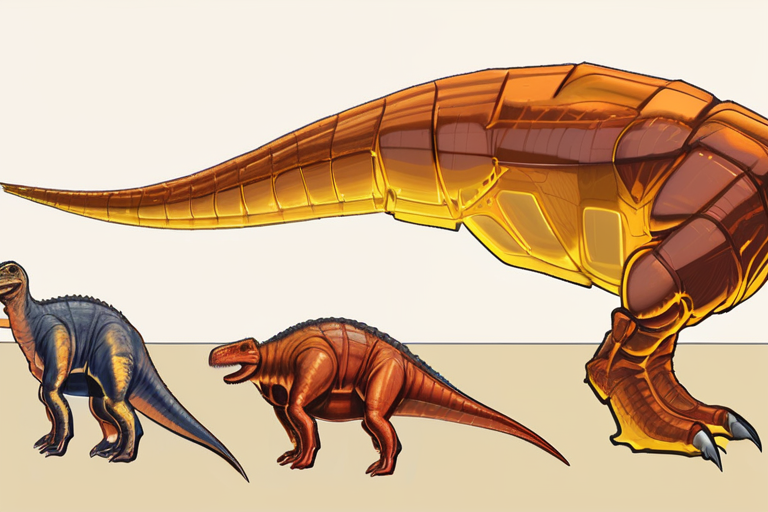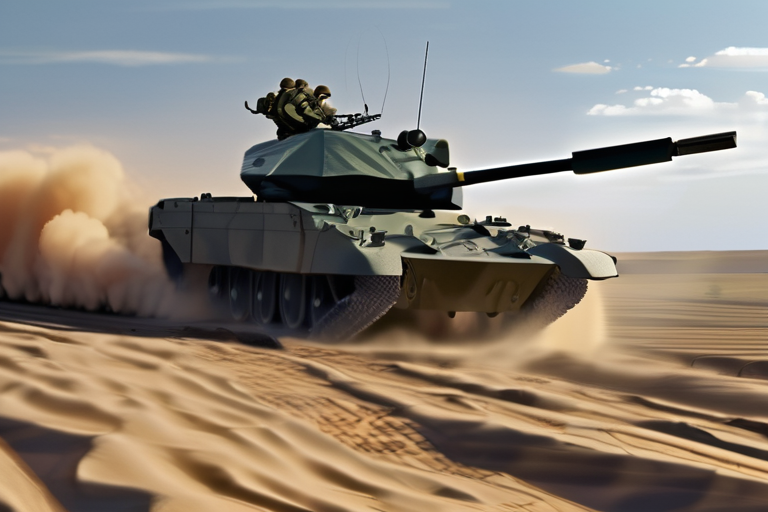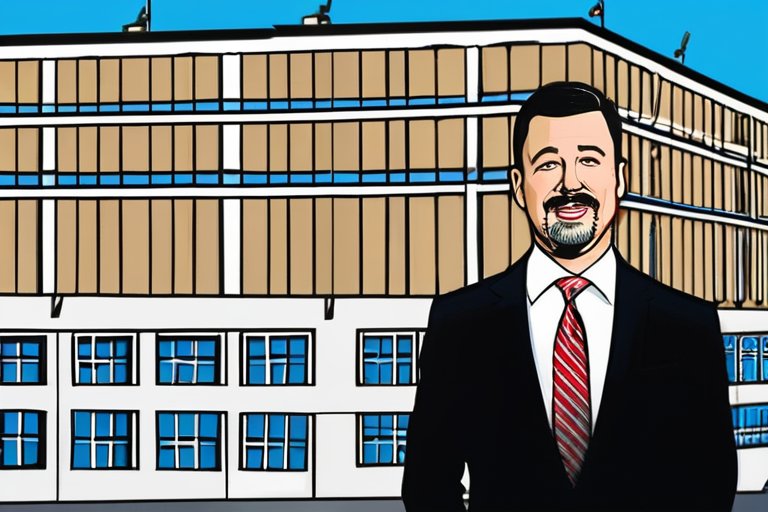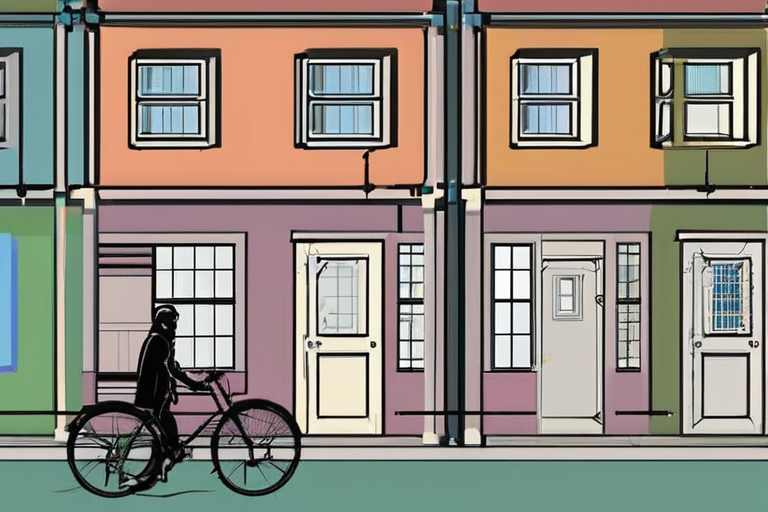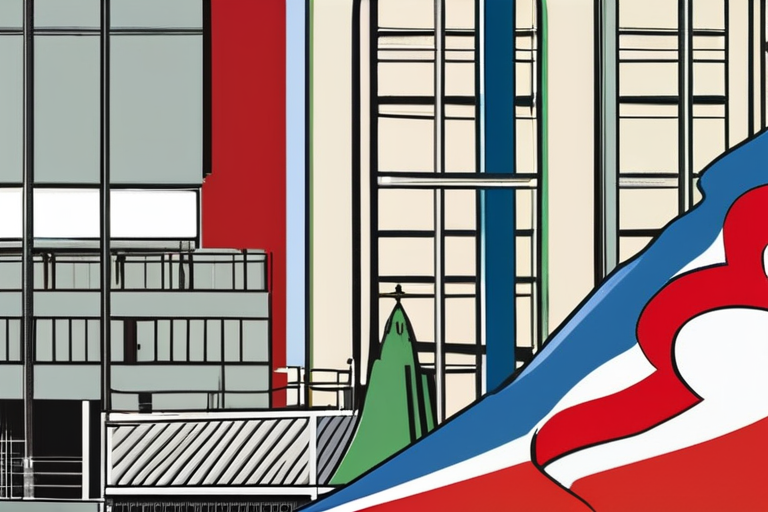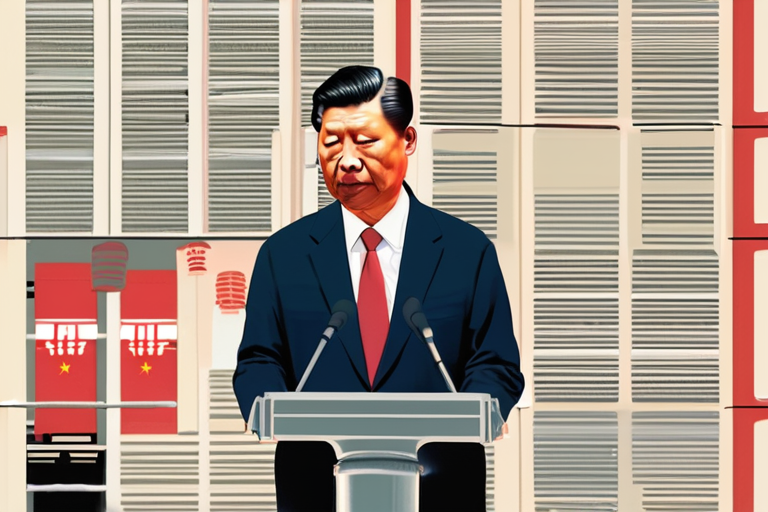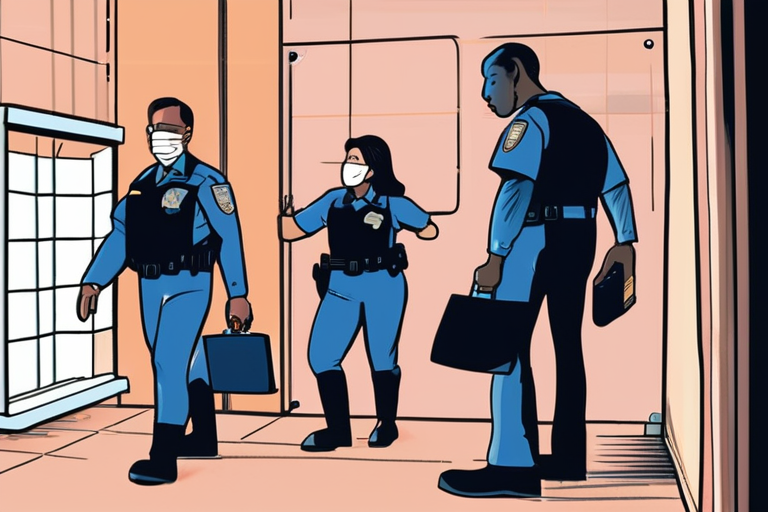Voters in Ireland will head to the polls on Friday to elect a new president for a seven-year term. The election marks a significant shift in Irish politics, with a presidential contest between candidates representing objectively left-wing and right-wing ideologies. This development is unprecedented in Irish history, where politics have traditionally not been drawn along left-right lines.
According to Barry Colfer, director of research at Dublin's Institute of International and European Affairs, the changing landscape of Irish politics has contributed to the current presidential election. "What we're seeing today for the first time in Irish history is a presidential election between objectively left-wing and right-wing candidates," Colfer explained in an interview with Al Jazeera. This shift is a departure from the country's past, where politics were more focused on national identity and independence.
The presidential election features two main candidates: Heather Humphreys, the Fine Gael nominee, and Catherine Connolly, an independent candidate. Humphreys has emphasized her experience in public office, highlighting her tenure as Minister for Social Protection and Minister for Children, Equality, Disability, and Youth. Connolly, on the other hand, has campaigned on a platform of social justice and equality, emphasizing her commitment to addressing issues such as housing affordability and climate change.
In a recent debate, Humphreys and Connolly engaged in a discussion on the role of the president in Irish politics. Humphreys argued that the president should serve as a unifying figure, promoting national unity and stability. Connolly countered that the president should be a champion of social justice, using their platform to advocate for marginalized communities.
The Irish presidency is a mostly ceremonial role, with limited executive powers. However, the president plays an important symbolic role in representing the nation and serving as a figurehead for the state. The election is seen as a reflection of the country's evolving politics, with voters weighing in on the direction of the nation.
As the election approaches, analysts are closely watching the campaign's impact on Irish politics. "This election is a significant moment in Irish history, marking a turning point in the country's political landscape," said Colfer. "The outcome will have implications for the future of Irish politics, and it will be interesting to see how the country responds to this new era of left-right politics."
The election is set to take place on Friday, with voters casting their ballots to determine the next president of Ireland. The results will be closely watched, both domestically and internationally, as the country continues to navigate its evolving politics.
